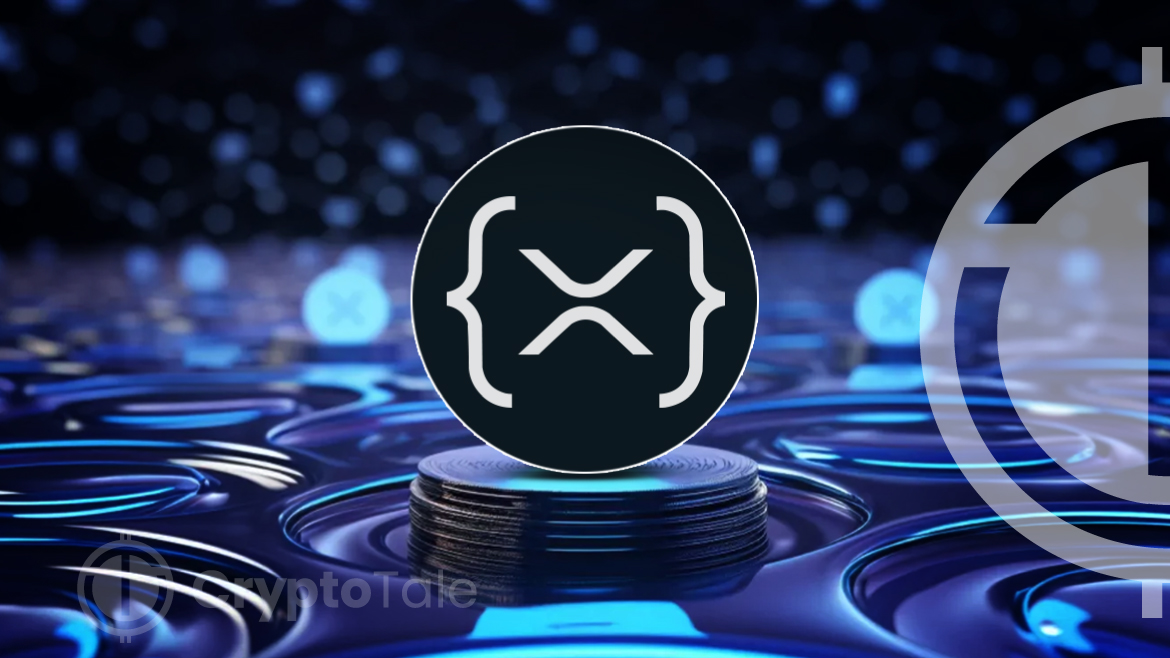- XRP Ledger remains resilient amid governance debate, with over 600 active nodes and 132 validators.
- XRPL’s partnership with EasyA signals progress towards smart contract deployment, enhancing its capabilities.
- Ongoing governance dispute hasn’t deterred XRPL’s growth, handling 1.4M transactions in two days, indicating a strong ecosystem.
The XRP Ledger (XRPL) has proven its resilience in an ongoing governance debate and is showcasing its technological progress. Despite some contentious discussions within the XRP community, the network remains fully operational and robust, recording over 600 active nodes, with approximately 132 validators participating.
As highlighted by Panos, co-founder of Anodos Finance, XRPL server Version 2.0.1 has been released, urging validators to upgrade in preparation for upcoming developments, including the introduction of Automated Market Makers (AMM). The network continues to thrive, indicating that most validators are committed to its future, seemingly unaffected by the controversial governance proposal.
While the debate rages on, the XRPL has seen remarkable growth in terms of user activity. Over the past two days, nearly 2,500 new XRP accounts have been created, with the network handling over 1.4 million successful transactions. Impressively, the XRPL sustains an impressive throughput of 44 transactions per second.
One of the most significant advancements is the potential for developers to deploy smart contracts on the XRPL. Ripple, the driving force behind XRP, has recently partnered with EasyA to provide educational resources for developers interested in building decentralized applications (dApps) on the network. This partnership signifies a positive step towards enhancing the XRPL’s capabilities and expanding its use cases.
Moreover, most validators have embraced the latest Ripple software version, indicating their commitment to keeping the network up-to-date and secure. This commitment reinforces the XRPL’s stability and highlights the collective vision of a thriving ecosystem.
The ongoing governance dispute, which led to the decommissioning of some nodes, revolves around a proposal to restructure the member and governance procedures of the XRPL Foundation (XRPLF). Some within the ecosystem consider this a potential takeover attempt by Ripple, although these concerns remain speculative.
The XRP Ledger remains a robust and dynamic ecosystem, overcoming governance challenges and advancing technical advancements. Its ability to handle increased activity, engage a vast community of validators, and facilitate the deployment of intelligent contracts positions it as a promising platform for the future. As the XRPL continues to evolve and adapt, it appears well-prepared to thrive amidst ongoing debates and embrace innovation.






